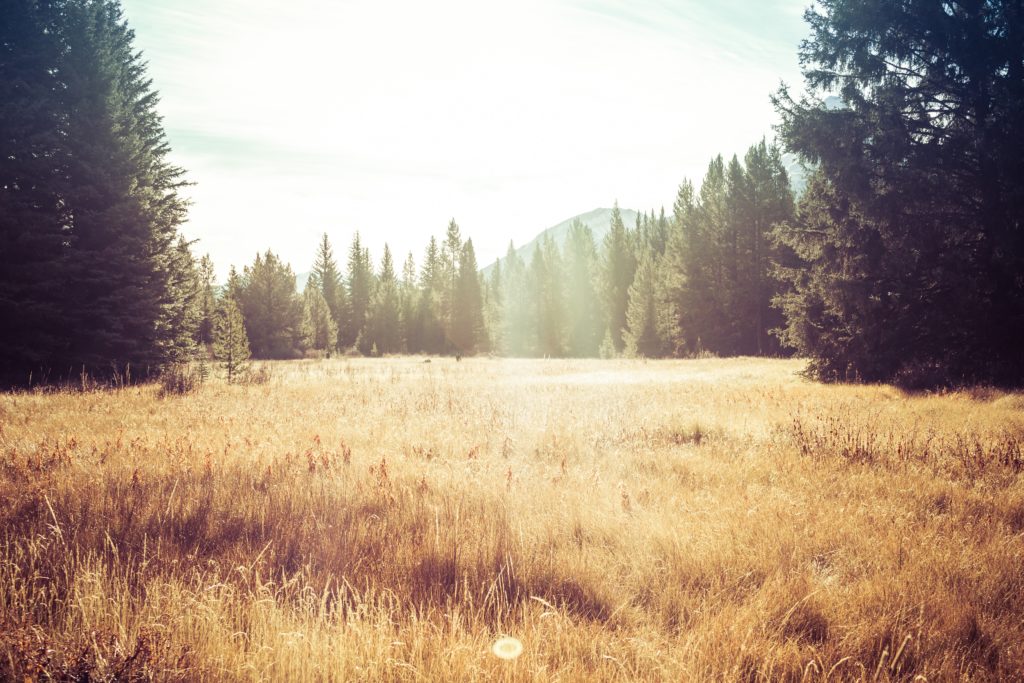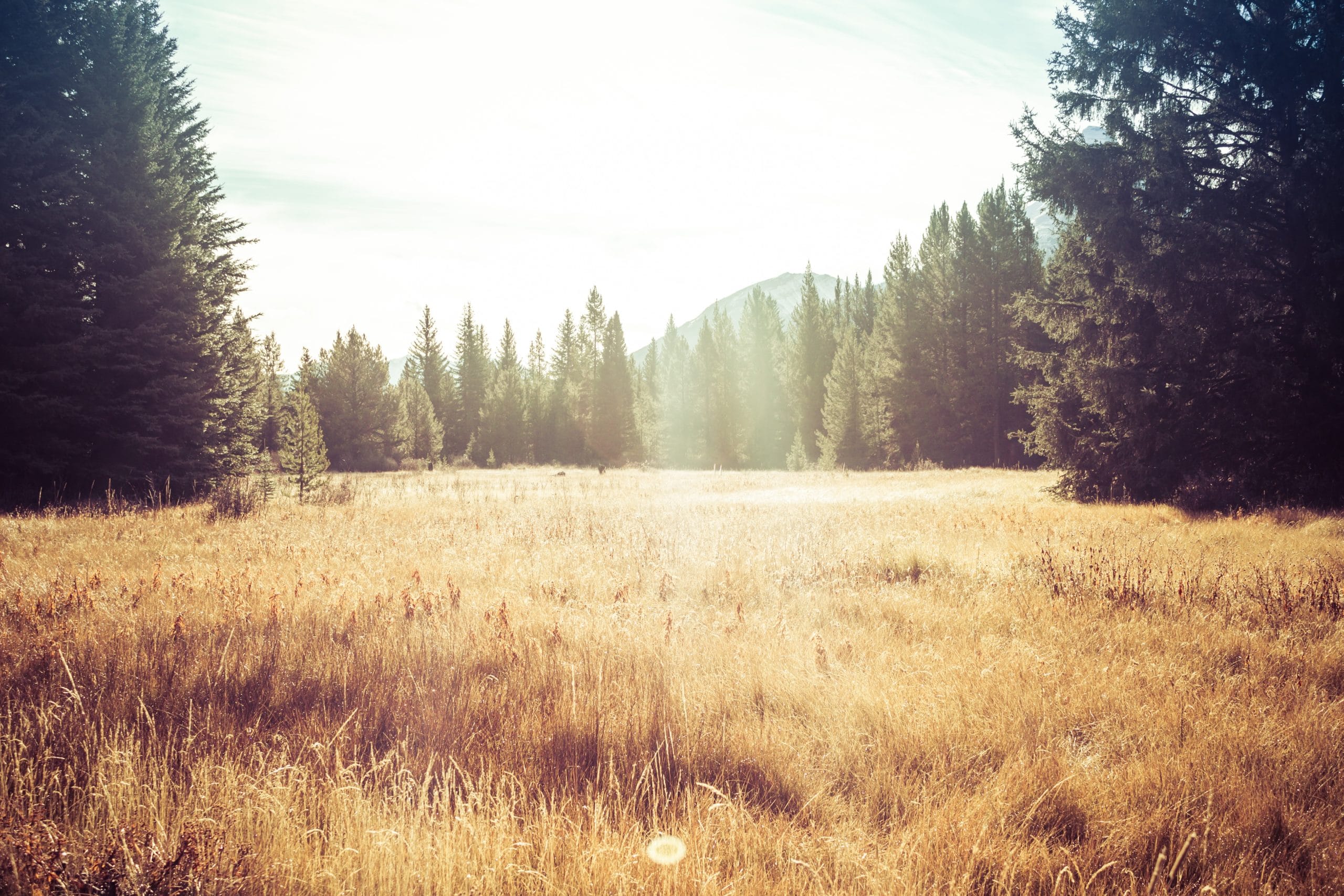The Field Beyond Good and Evil

You’re not a good person, and you’re not a bad person.
Those were the first words from the presenter at a conference I was attending on confronting racial bias. When people are asked to look into their own hearts and be honest about unconscious bias, the presenter noted, we all say, “But I’m a good person.” “Good” people don’t have those kinds of thoughts and feelings, the reasoning goes; only “bad” people do. And we’re all good. That is our protection against an honest reckoning that may belie the public self we carefully present to the world. Unless we can get beyond the fiction of the “good” self, the speaker said, we can’t do the hard work of bringing to light our unconscious racial bias.
As it happens, that is the essential feat of spiritual life. We have to overcome the early-stage tendency to divide the world into good and bad, claiming the heavenly high ground for ourselves—and our group—and consigning the rest to the descending circles below. The first awakening must be into the reality—that we are both. Real human beings are a confusing, swirling, heartachingly beautiful dance of darkness and light, good and evil. God pronounces us—along with all creation—“good,” not because we have managed to get rid of the darkness lurking in our hearts and be all light, but because God prefers us just the way God created us: both/and.
This is tricky. Because it is so hard to live in that middle/muddle space of both/and, we tend to pick one or the other. Over the eons religion and theology have organized around opposing camps, some emphasizing our inherent goodness and others our persistent evil. We all know people who live their whole life pretending to a cheery, childish innocence, and we know people who have been convinced that that they are a worm. Both can hold their opposing views only by ruling out the other completely.
It takes courage to step into that middle/muddle. We need someone to show us the way. Maybe the best invitation comes from Rumi, the 13th century Persian poet of such wisdom.
Out beyond ideas of wrongdoing
and rightdoing there is a field.
I’ll meet you there.
When the soul lies down in that grass
the world is too full to talk about.
from “A Great Wagon”

Thanks, David. It reminds me of one of my favorite sayings from Kahlil Gibran:
There lies a green field between the scholar and the poet; should the scholar cross it he becomes a wise man; should the poet cross it, he becomes a prophet.
Here’s to having the courage to cross over the middle/muddle.
Wow—that’s good. I finally read the Prophet (after hearing only one segment read at weddings!)—thanks for that quote.
Thanks David. I’ve always loved those Rumi lines. Love living in that field.
Fabulous David. How did you get to be so wise.
Amen, David!